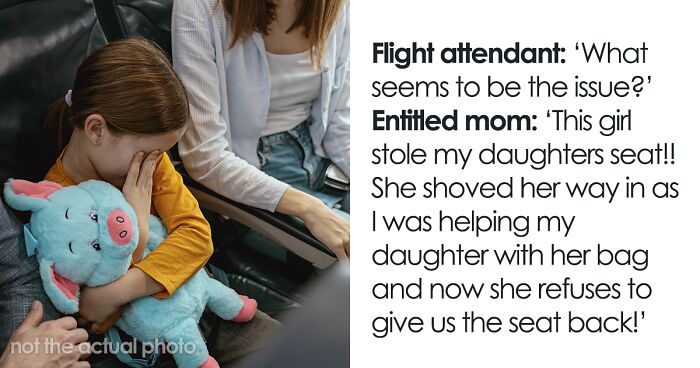
“There’s A Place In Hell For People Like You”: Entitled Mom Goes On Tirade After Being Denied
InterviewA standard commercial Boeing typically has somewhere between 130 and 160 seats with around 40 to 46 window seats. And while that seems like enough room to fit an entire film crew, from our experience writing these plane seat-horror stories, it seems like there’s no seat safe from entitled passengers who would “kindly” like you to move over.
As u/nurseadeleigh shared in her Entitled Parents story, she became a possible victim of such a situation when a family of three started harassing her for her window seat on a 10-hour flight. After some cursing, accusations and the dirtiest of looks, this passenger stood her ground and came to tell a story we sure ain’t gonna forget anytime soon. So scroll down to read the captivating tale in its entirety and witness the response it received.
Certain individuals hold the belief that they are entitled to anything they set their eyes on
Image credits: friends_stock (not the actual photo)
So when a passenger refused to swap seats so that a random child could have a window seat, this resulted in an embarrassing stand-off
Image credits: Guilherme Rossi (not the actual photo)
Image credits: nurseadeleigh
Turns out, admitting that you’re entitled doesn’t make it true
If you’ve ever worked in a customer service job or, heck, stepped outside your door, you likely have stumbled upon an entitled person. They cut the line, complain their way into getting refunds for the meals they’ve demolished, or even worse – steal candy from children. It’s true! According to a 2012 study, snotty people with entitled attitudes are more likely to take candy from kids, lie, cheat, endorse unethical behavior at work, and cut off pedestrians while driving – something that is evident in today’s situation with the plane seat.
While you’re more likely to hear Baby Boomers complain about those darn Gen Xers and their way of demanding a healthy work-life balance, you might be surprised to hear that after more than two millenniums, they’re on the same page. According to another 2019 study, young adults aged between 18 and 25 believe they are the most self-absorbed living age group.
However, just because they believe it, doesn’t make it true, Josh Grubbs, a psychology professor at Bowling Green State University and the lead author of the paper, argued. Young millennials and the subsequent generation might be embracing a stereotype that is reinforced by the media, with some responsibility lying with scholars themselves. Grubbs acknowledged that psychologists initially pushed the agenda of the so-called “narcissism epidemic,” a subject which was a hot-button subject in the mid-2010s, yet slowly crept gently into that good night soon after.
Image credits: Liza Summer (not the actual photo)
Many things can shape one’s understanding of entitlement, but parents are at the forefront of this responsibility
In order to understand how and why a sense of entitlement often brings out the worst in us, we spoke with Jane Adams Ph.D., a social psychologist and the author of ‘When Our Grown Kids Disappoint Us.’ According to her, entitlement refers to a false perception that an individual holds greater importance or worth compared to others due to various reasons, such as their economic class or social standing. “Entitlement,” Adams explained to Bored Panda over a call, “is a sense that you deserve something – not that you’ve earned it, just that you deserve it.”
While science people are still trying to figure out where entitlement comes from, one prevalent idea is that a person doesn’t become entitled on their own – parents can subconsciously cultivate an attitude of entitlement, even if they only wish what’s best for their kids. “It’s a sense that they’re special, an idea that is promoted by their parents sometimes out of love and caring; a sense of specialness that they’re deserving of particular favors or approaches, or attitudes simply because they have more beauty or money, or power,” she argued, noting that this doesn’t necessarily lead to bad things.
According to a 2015 paper published in the Journal of Experimental Social Psychology, it was found that entitlement can lead to increased creativity. Which might explain why Michelangelo and Ernest ‘Papa’ Hemingway were reportedly not the most pleasant folks to live and work with.
Image credits: RDNE Stock project (not the actual photo)
Even if they only wish what’s best for their little ones
But how much do parents’ role actually play in molding one’s understanding of entitlement? According to Daniel Flint Ph.D., a pediatric psychology fellow at Children’s Hospital Orange County, quite a lot, actually. In today’s story, for example, a parent made a promise to their child regarding a seat that wasn’t rightfully theirs.
Dr. Flint explains that such actions by parents can only contribute to the continuation of undesirable behavior patterns in their children, no matter how rowdy they are in the first place. “Parents who fail to quantify their [kids’] expectations enable misbehavior by creating a context of confusion. For example, the parent who says, ‘If you do well on your finals, I’ll take you to Disneyland’ and then chooses not to take the child after the child gets Cs and Bs is enabling future mediocre academic performance by failing to define what ‘doing well’ means exactly and is covertly eliciting the child’s burnout and poor self-efficacy beliefs,” Flint told Bored Panda over an email.
Adams suggests that a constructive approach to guiding a child’s entitlement is to instill the understanding that one must earn what they desire rather than expecting entitlement without effort. “I think it’s about teaching them that effort is rewarded and nothing comes naturally simply because of their class or race or economic background,” she said. “To instill a connection between hard work and earning, as opposed to ‘Just because you are who you are.'”
Although, if your child’s misbehavior or tantrums is an often occurrence, Flint says grown-ups shouldn’t rule out Oppositional Defiant Disorder. ODD, he explains, is a “psychological label for a child whose behaviors are inconsistent with their parents’ desires, assuming a culturally consistent and developmentally appropriate parenting philosophy.” According to the latest research, ODD affects 2% to 11% of children. It’s essential to understand that having ODD doesn’t make a child inherently “bad,” as noted by Flint.
“Personally speaking, the reason for this is because I am philosophically opposed to the use of ODD as a diagnosis except with regard to its utility in describing a child’s presenting problem in simple terms,” he argued. “The last thing I want is for parents and the public to think that ODD essentially translates to ‘a bad child.'”
Image credits: Phil Nguyen (not the actual photo)
The author of the story gave some juicy details in the comments
This is what people had to say about OP’s way of handling the situation
117Kviews
Share on Facebook"Yes, mam, there is a place in hell for people like me. I'll be the one pouring gasoline on your head."
"Yes, mam, there is a place in hell for people like me. I'll be the one pouring gasoline on your head."

 Dark Mode
Dark Mode 

 No fees, cancel anytime
No fees, cancel anytime 


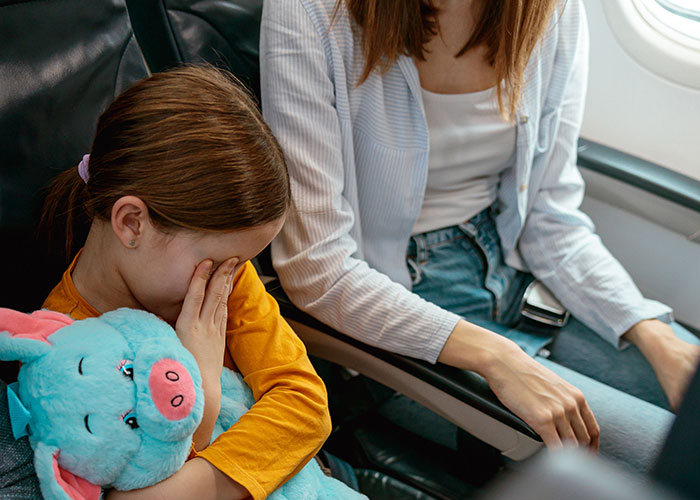


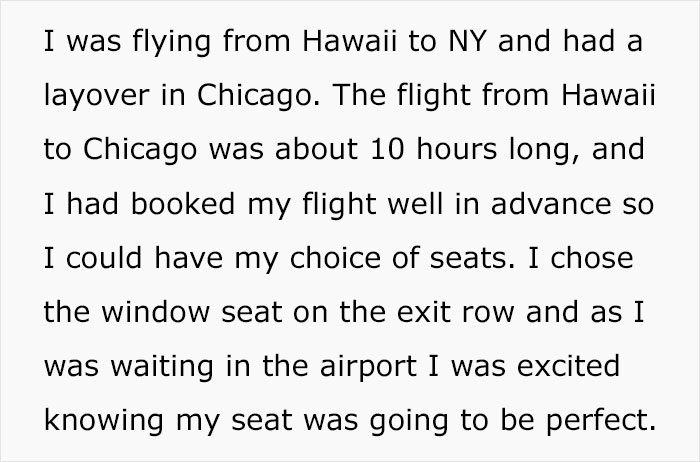
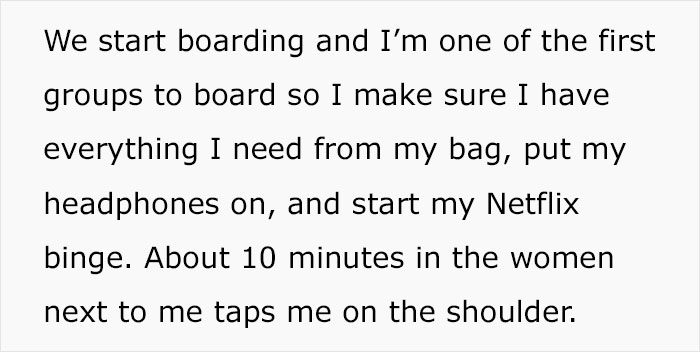


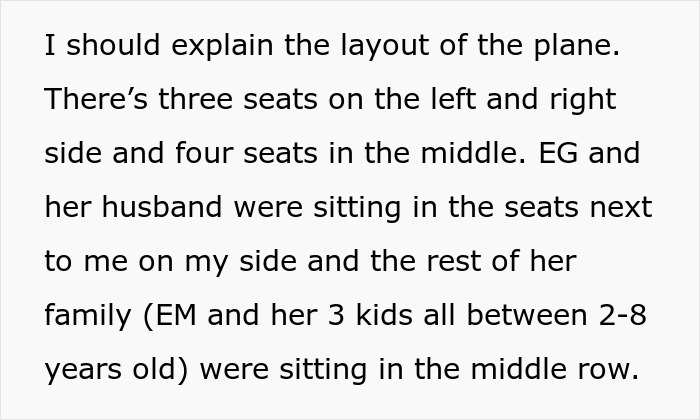
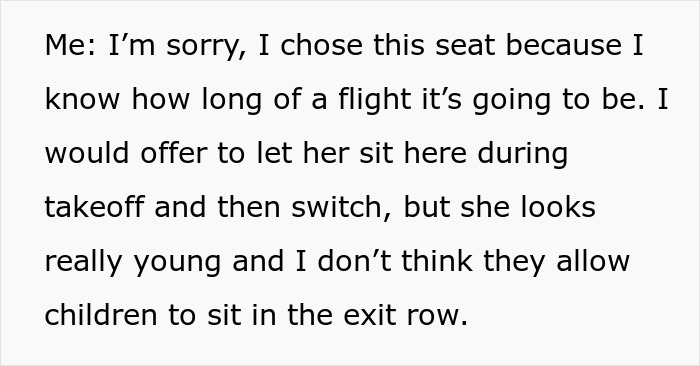
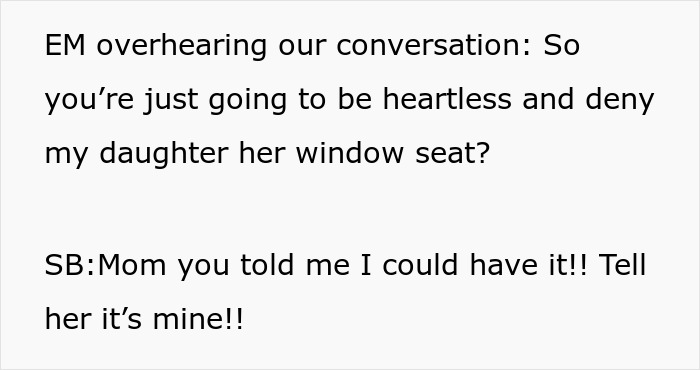
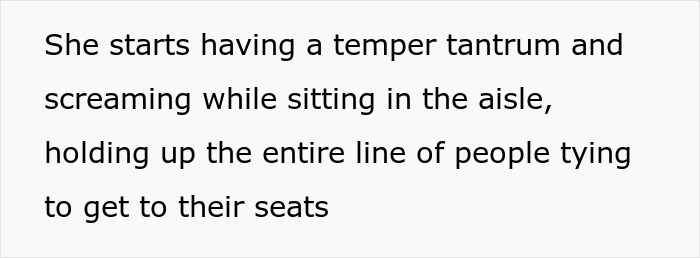

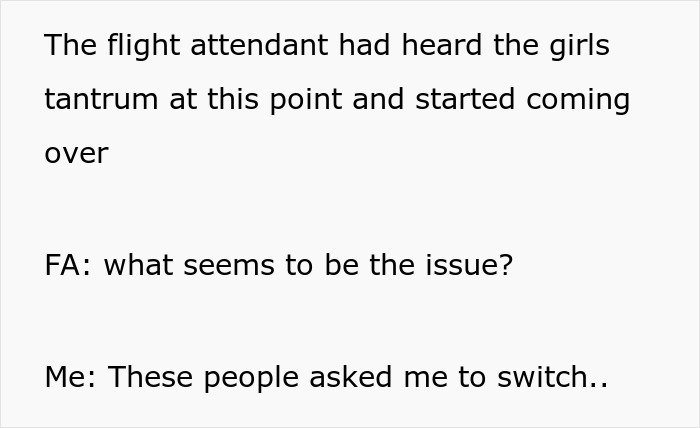
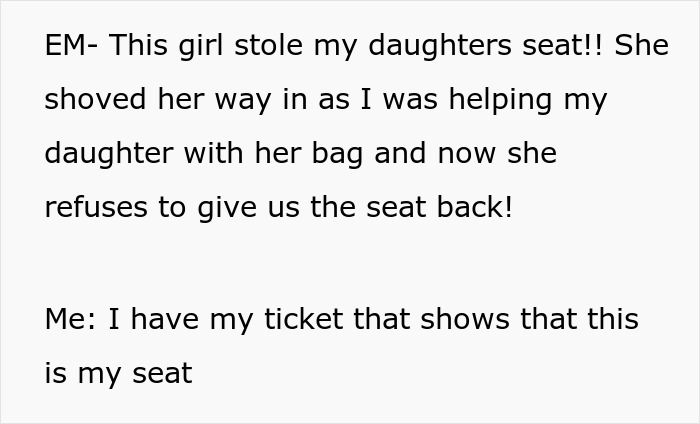


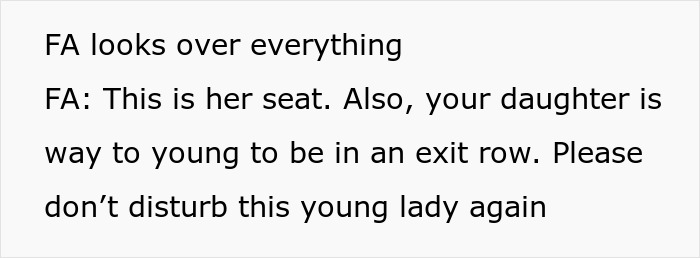



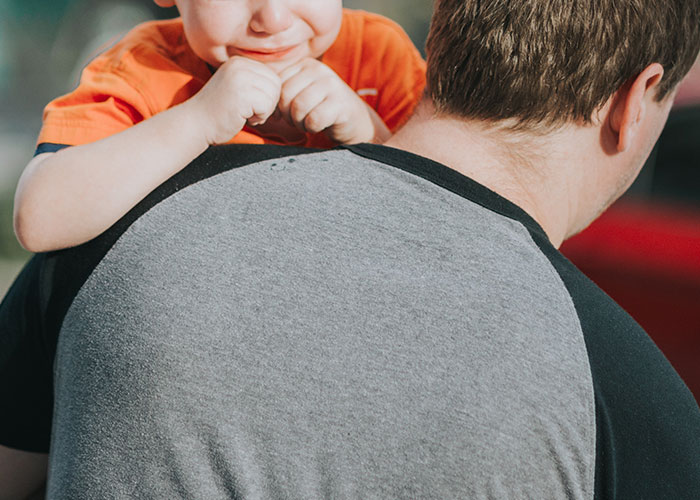
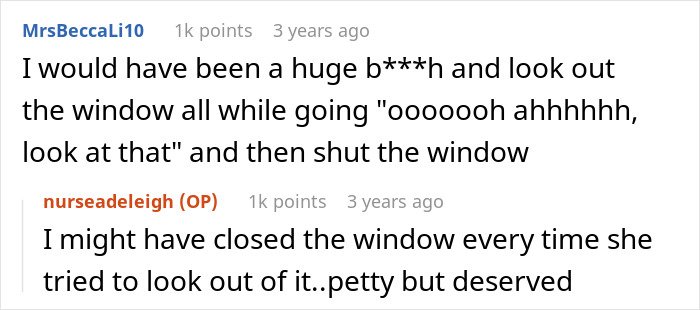


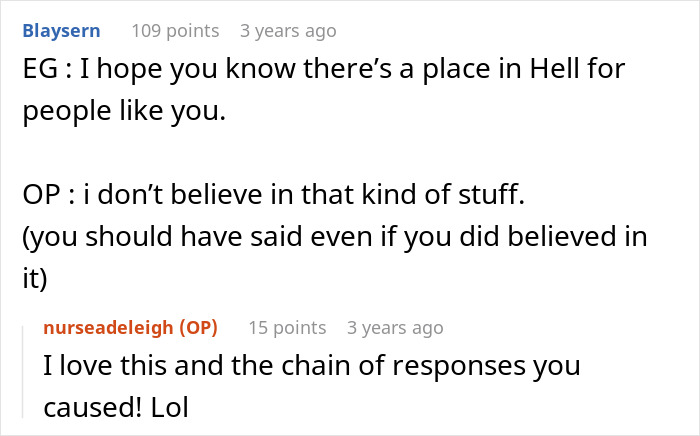
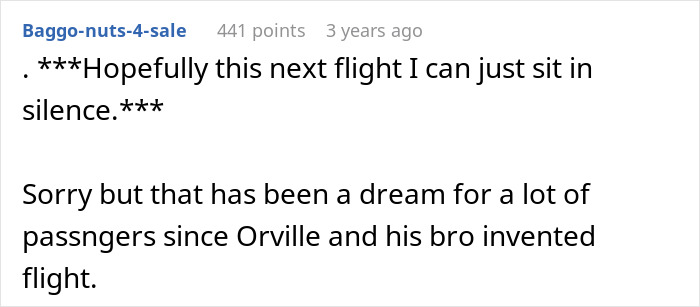
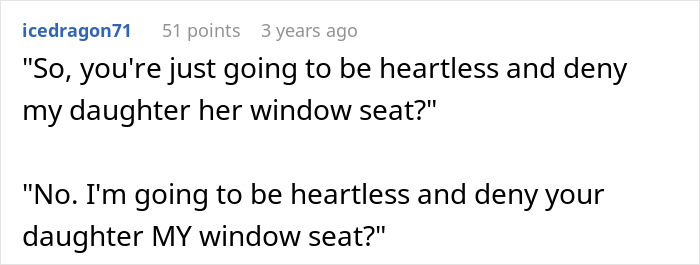
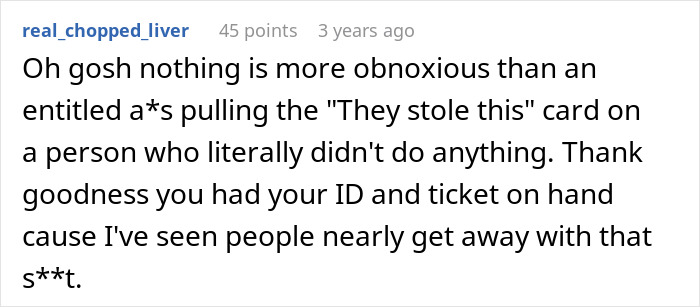





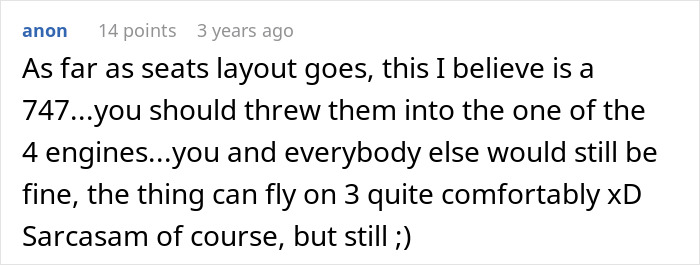
































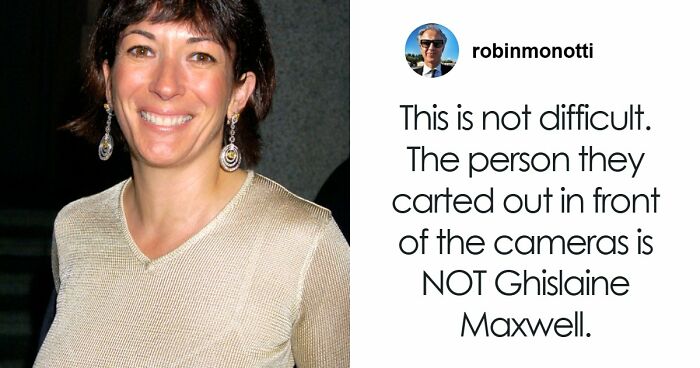

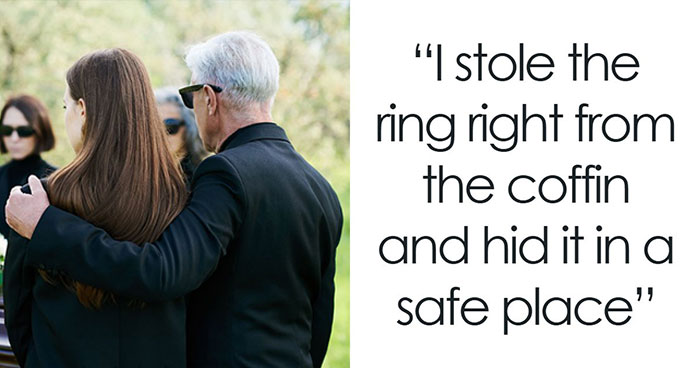










103
31